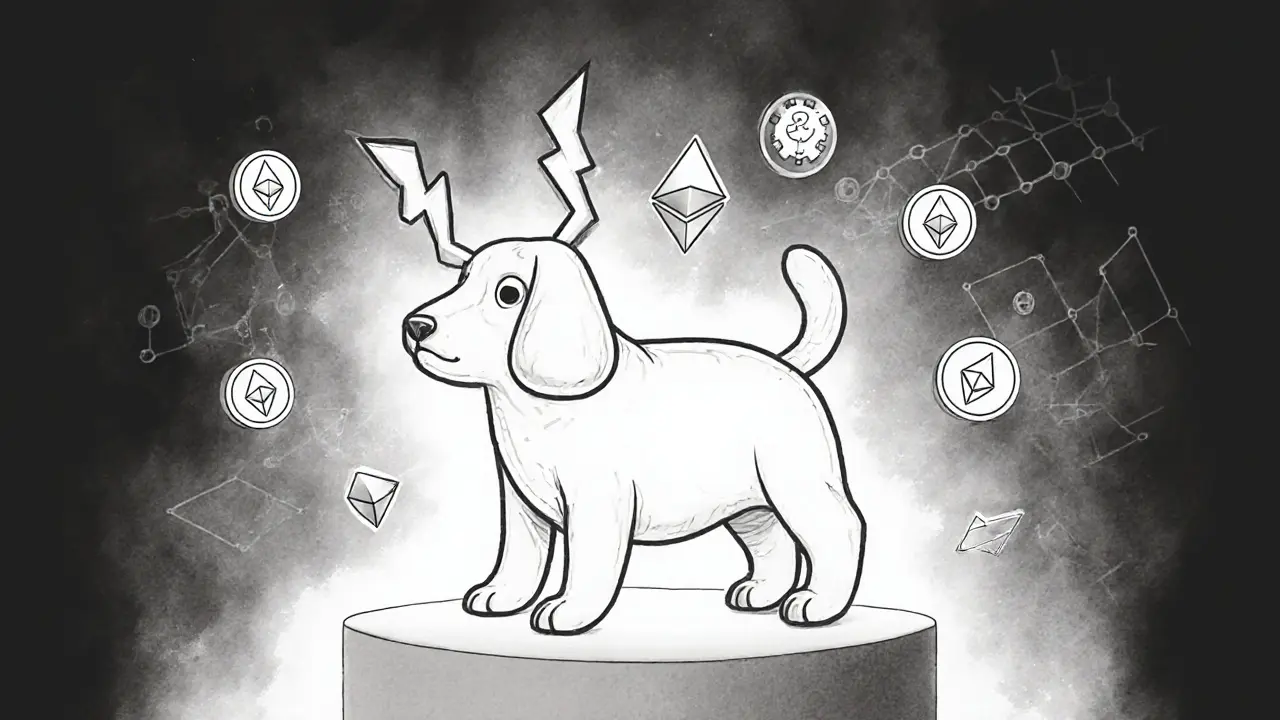Ethereum Token: What They Are, How They Work, and Which Ones Actually Matter
When you hear Ethereum token, a digital asset built on the Ethereum blockchain that can represent anything from currency to ownership rights. Also known as ERC-20 token, it doesn’t exist on its own blockchain—it runs on top of Ethereum, using its network to move value and execute smart contracts. Unlike Bitcoin, which is mainly digital cash, Ethereum tokens are tools. They’re how games give you rare items, how apps pay you for using them, and how people trade shares in decentralized projects without a bank in the middle.
Most Ethereum tokens follow the ERC-20 standard, which means they play nice with wallets, exchanges, and DeFi apps. But not all are created equal. Some, like Ishi (ISHI), a small meme token launched in 2024 on Ethereum, are just hype with no real use. Others, like tokens powering decentralized exchanges or lending platforms, actually move billions in value every day. The difference? One has a team, a roadmap, and real users. The other has a Discord group and a promise.
Ethereum tokens also show up in airdrops—free distributions meant to spread adoption. But most are scams. The FEAR airdrop, a short-lived Play2Earn NFT campaign that vanished after handing out tokens, is a textbook example. People thought they were getting something valuable. They got a digital ghost. Legit tokens don’t vanish after a few weeks. They keep building. They list on exchanges. They get audited. You can track their activity on blockchain explorers. If no one’s using it after six months, it’s probably dead.
And it’s not just about buying. Tokens let you vote on changes in a project, earn rewards by locking up your coins, or even borrow money without a credit check. That’s the power of the Ethereum blockchain, the foundation that makes all these tokens possible by running code automatically. But that same power attracts bad actors. If a token claims you can double your money in a week, walk away. Real projects don’t need hype—they need time.
What you’ll find below are real stories about tokens that worked, tokens that failed, and the hidden mechanics behind them. You’ll see how people lost money on fake airdrops, how some tokens survive even when the market crashes, and why the same token can be a gamble in one place and a tool in another. There’s no fluff here—just what you need to tell the difference between something real and something that’s just code with a marketing team.
What is Zeus (truezeuscoin.com) (ZEUS) crypto coin?
Zeus (ZEUS) is a low-cap Ethereum meme coin with no utility, no development, and extreme volatility. Learn what it really is, why it exists, and why experts say it's a high-risk gamble.
VIEW MORE
